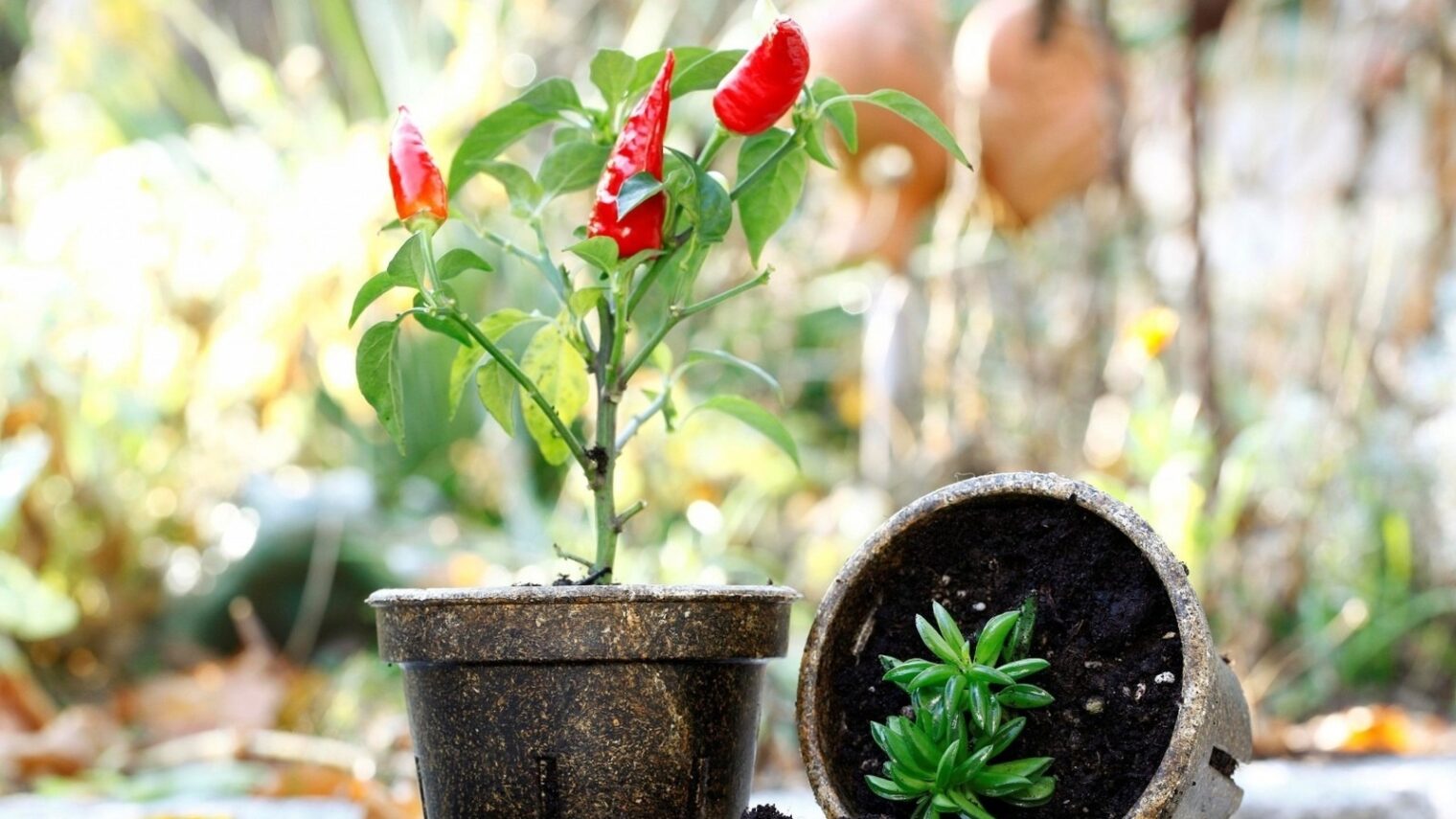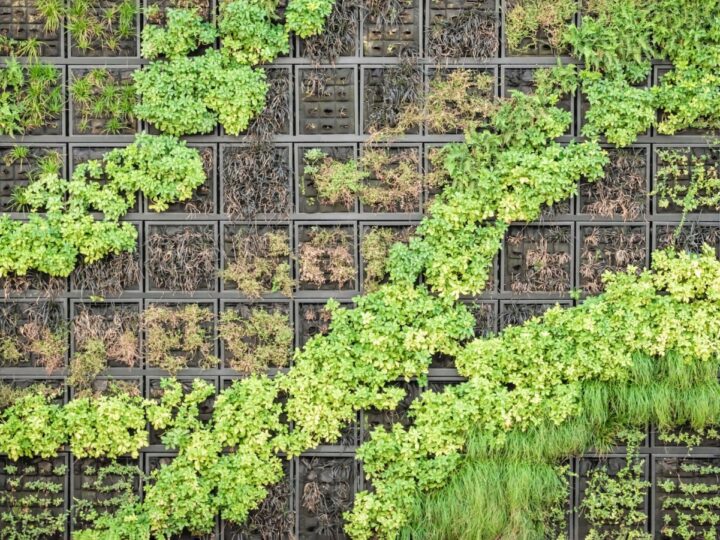Decking out your garden or windowsill with plants is super fun. What’s less fun, and far less green, is the stack of empty plastic planting pots that gets left behind. But that pile of waste is not a fact of life, as Israeli company Bioplasmar demonstrates.
Established in 2011, the company turns compost into completely biodegradable planting pots that can be planted directly in the soil, where they disintegrate within a few weeks.
“The idea actually came from the world of bread-baking,” explains Bioplasmar CEO Zamir Eldar. “We began experimenting at home. The idea was to take organic materials that exist in nature, such as plant cuttings, to shred them and to pair them up – like in baking – with adhesives and additives.”
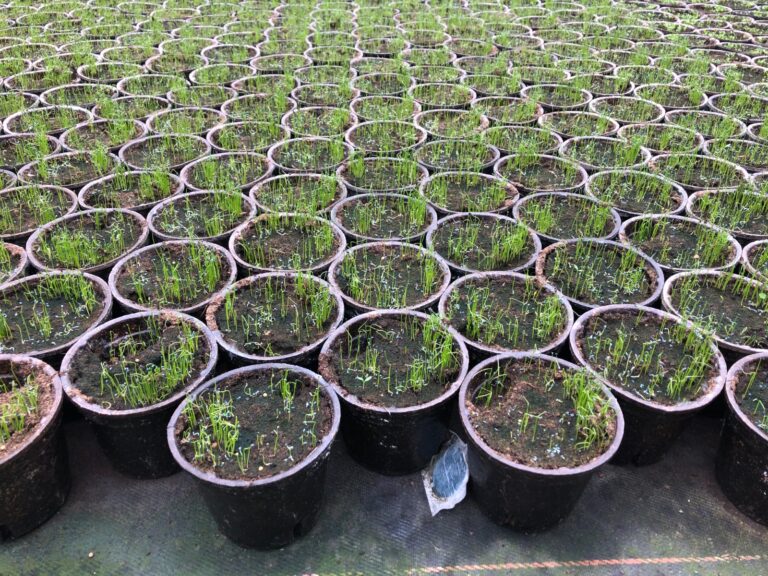
They started trying out all sorts of organic, ecological adhesives.
“When we saw that it works on a manual level, we created a very big press device in China and began doing our first experiments there. Then we decided to move our operation to Europe, because of the awareness there to the issue of plastics and climate change.”
All the R&D, however, is carried out in Israel.
Flowers for Paris City Hall
Bioplasmar teamed up with French waste management company Veolia on a large pilot for Paris City Hall, growing flowers in the biodegradable pots and planting them directly in the ground in a famous square.

Since then, the company established a factory with four presses in France, from which it sells its products to municipalities and garden centers across the country and in neighboring Belgium. A new German factory is being built where production will be based on injection molding.
“We’re establishing a first-of-its-kind factory, in which we’ll take substantial amounts of organic material and turn it into an end product,” Eldar explains. “A big challenge was to make this whole thing industrial. To turn production into something that can be done in a way that’s financially viable, scalable and affordable.”
The injection method can be used for creating much larger products, for example a four-liter tree pot.
“There’s very high demand for this in the world, but it’s very difficult to make it using a press. We’ve already been asked to make all sorts of interesting things, such as nets and disposable plates,” Eldar tells ISRAEL21c.
“At first, we were told that injection molding is a dream, since you can’t inject compost. Injection is all about liquid material, and compost is obviously not a very liquid material. That’s why we originally went for pressing, but that process also takes a lot of effort. That’s why we decided to explore the option of injection.”
Despite all the naysayers, Bioplasmar managed to overcome the problems with injection molding and filed a patent for the process.
Circular economy
Bioplasmar’s products are also unique, Eldar says, because they hold up when they need to and then completely disappear in the earth once planted.
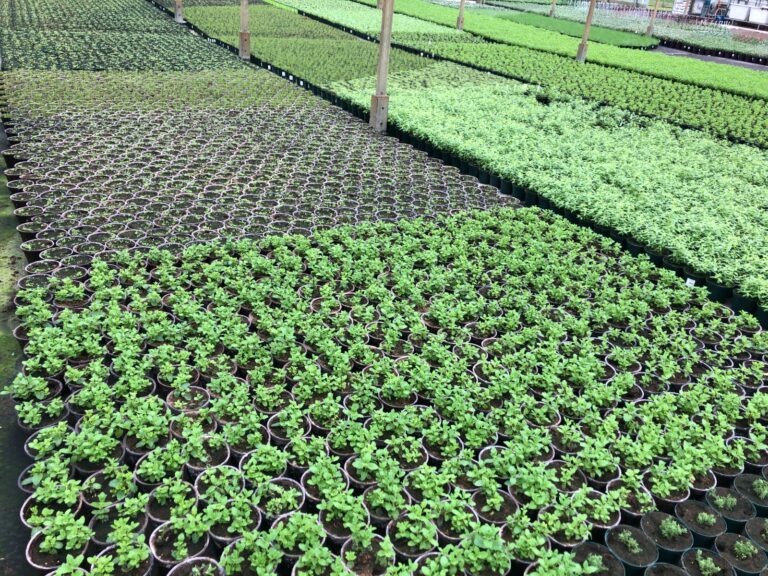
“When the pot is in the nursery while the plant grows, it needs to hold up for four months and not to decompose” before it’s sold, he notes.
“Our biggest challenge was to find this hourglass, this clock that knows how to create a stable product that can be used and watered without falling apart until it hits the ground.”
Eldar explains that using knowledge of the composition of materials, “we can control how quickly they will decompose. For example, tree pots need to hold up for a whole year, not only for a few months.”
Bioplasmar has competitors using materials such as wood and paper pulp, bioplastic, or rice or coconut leftovers.
Eldar says each has its drawbacks — wood and paper pulp falls apart quite quickly in the greenhouses and isn’t easily transported; bioplastic holds up well in the greenhouse, but when planted doesn’t completely decompose; and coconut fibers stay in the ground for many months and prevent healthy root growth, and they also need to be brought from afar.
“We, however, are interested in circular economy – in taking the raw materials from the places where we produce and then to sell our end products to the very same areas,” Eldar notes.
“Our material comes from private gardens and municipal gardens, all sorts of cuttings. The material is taken to plants where it is composted, and we take large amounts of the leftovers of this refused compost. It’s made up of all sorts of stalks and leaves, or from agricultural waste such as corn cuttings and plant stalks.”
Bioplasmar’s pots completely decompose within 12 weeks and turn into compost for the soil.
Higher yield
Planting plants within these pots, Eldar adds, is also good for the plants themselves.
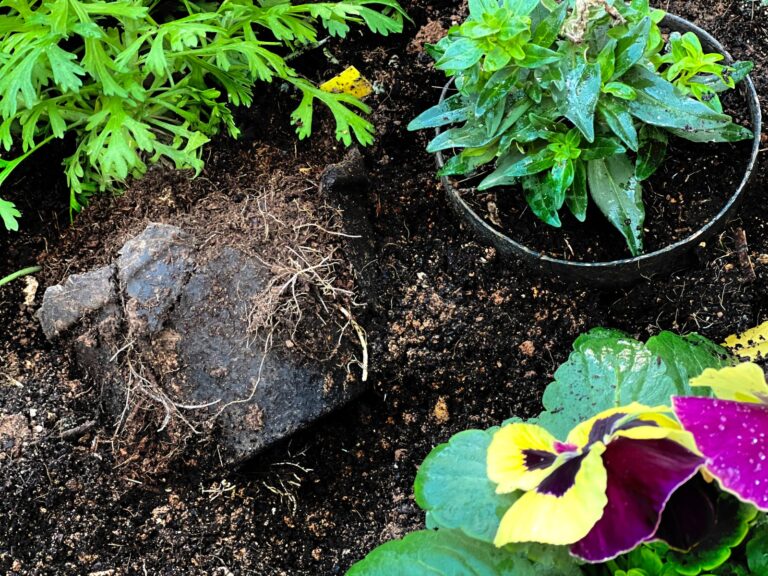
“We discovered that when you plant vegetables and fruit such as tomatoes, cucumbers, peppers, watermelons or melons, you usually pull them out of the pot and plant in the ground. But this way, you tear the roots and the plant can find it difficult to get acclimatized. Also, if there are diseases in the soil it becomes very easy for the plant to get infected. But if it’s inside a pot, it continues to grow and then breaks out to the soil when its stronger. The yield is higher this way.”
The company, funded by private angel investors, is looking to raise venture capital and enter the United States market while increasing production in other parts of Europe.
Looking forward, Bioplasmar is also planning to turn its materials into pellets, which it can sell to other companies that use injection molding processes to green their products.
“In the future, instead of establishing factories, we could use the existing infrastructure of companies that create plastic products but want to stop with the plastic,” Eldar concludes. “We’ll sell them these pellets and they’ll inject them in-house, perhaps with only slight changes to the machinery.”
For more information, click here.




